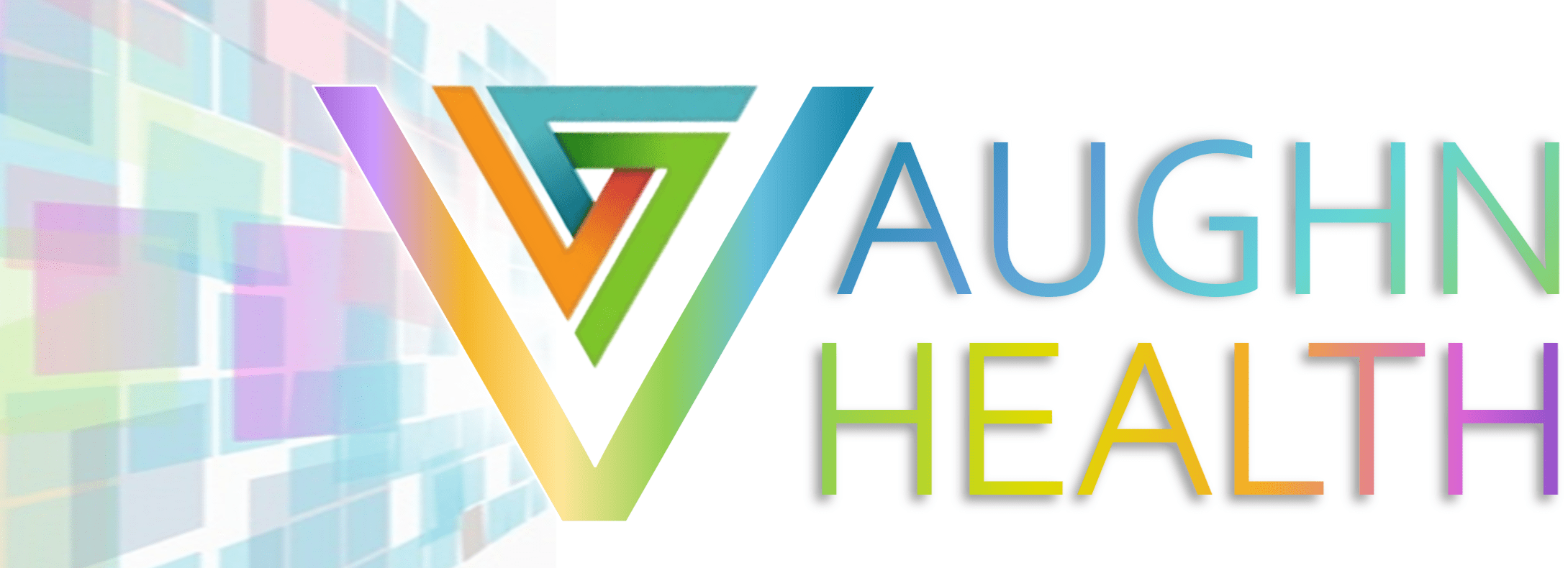The Global Costs of Stroke
Why This Project is Urgently Needed
The human and economic costs of stroke are staggering.
* Over 101 million people are currently living post-stroke.
* More than 6.5 million people die each year from stroke.
* 159,150 Americans died from stroke in 2020.
* About 34% of total global healthcare expenditures are spent on stroke.
There are over 795,000 stroke cases per year in the U.S. and rising 2% annually. These average $242,237 in lifetime costs totalling $192 billion USD per year. The estimated global cost of stroke is over $721 billion USD per year (0.66% of the global GDP).
Improving stroke recovery outcomes by even 1% would save the U.S. an estimated $1.9 B annually and $7.2 B worldwide!
And these costs have been rising astronomically since the Pandemic.
See this April 2022 article:
- World Stroke Organization
And there's debate over how many stroke survivors make a FULL recovery.
According to Healthline, the American Heart Association says 10% of stroke survivors recover almost completely, but the AHA article actually says:
* 35-40% of survivors have limitations in basic activities of daily living 6 months after their stroke. * 40% experience moderate to severe impairments. * 10% require care in a nursing home or other long-term care facility.
When you add those percentages up, there's still 10% remaining. But the AHA article doesn't say anything about the fate of that 10%. Weird, right?
Meanhwhile, the CDC and Johns Hopkins stroke rehabilitation specialist Preeti Raghavan, M.D. say some people recover fully. However, there appears to be no definitive statistics either way. The following statement by Medical News Today further indicates the conspicuous absence of hard data using words like "can" and "may."
What all authorities appear to agree on however is that the first three months after a stroke are the most important for recovery and when patients will see the most improvement; and that whether a full recovery is possible depends on a variety of factors.
